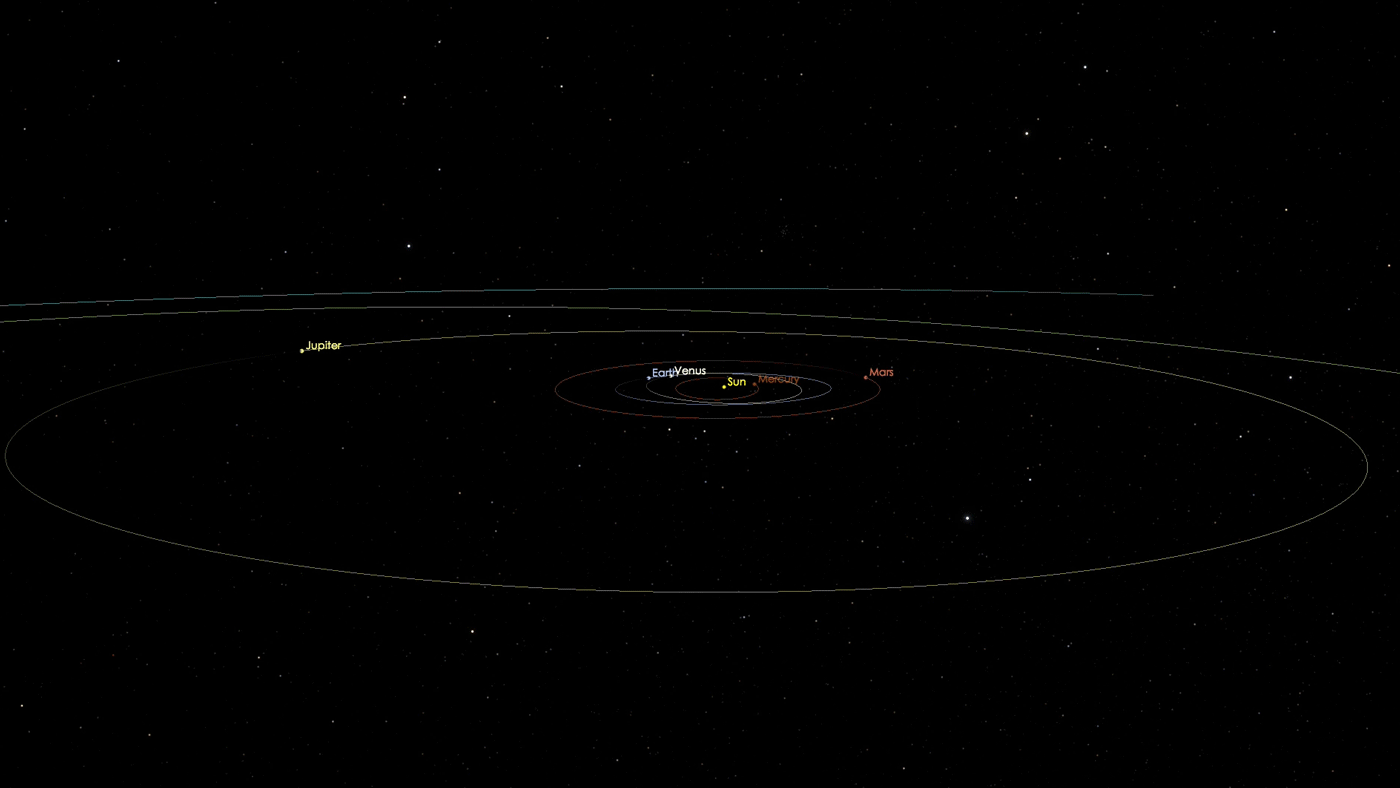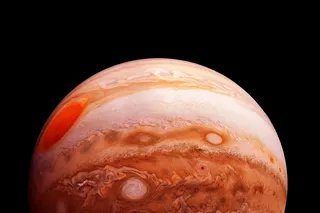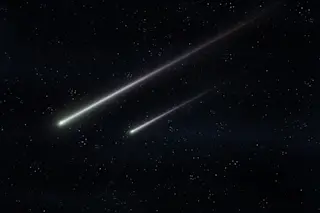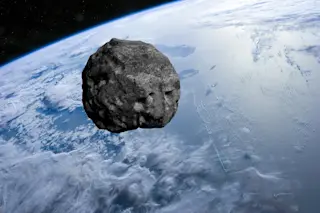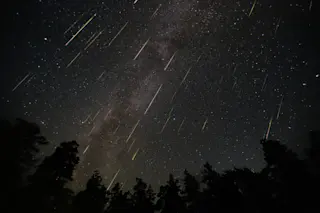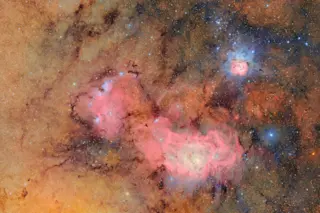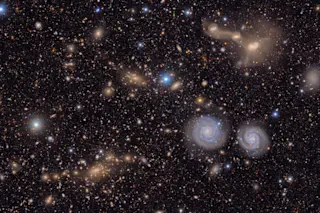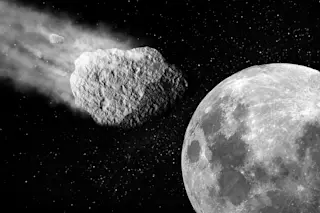Animation showing the path of A/2017 U1 through the solar system. (Credit: NASA/JPL) Astronomers have spotted an interstellar visitor for the first time. It's either a comet or an asteroid, and came speeding right through the heart of our solar system; after a hairpin turn around the sun, it's now on its way back out of our cosmic backyard. Scientists at the University of Hawaii's Pan-STARRS 1 telescope at Haleakala first spotted the quarter-mile-wide object on Oct. 19, and knew immediately that it was something different. "Its motion could not be explained using either a normal solar system asteroid or comet orbit," says Rob Weryk, a postdoctoral researcher at the University of Hawaii. "This object came from outside our solar system." The object, named A/2017 U1 for now, is moving in a path much too eccentric to be a comet or asteroid from inside the solar system. It shot into ...
Astronomers Record First Observation of an Interstellar Object
Astronomers found an interstellar visitor, A/2017 U1, a mysterious object from outside our solar system. Discover its trajectory toward Pegasus!
More on Discover
Stay Curious
SubscribeTo The Magazine
Save up to 40% off the cover price when you subscribe to Discover magazine.
Subscribe

